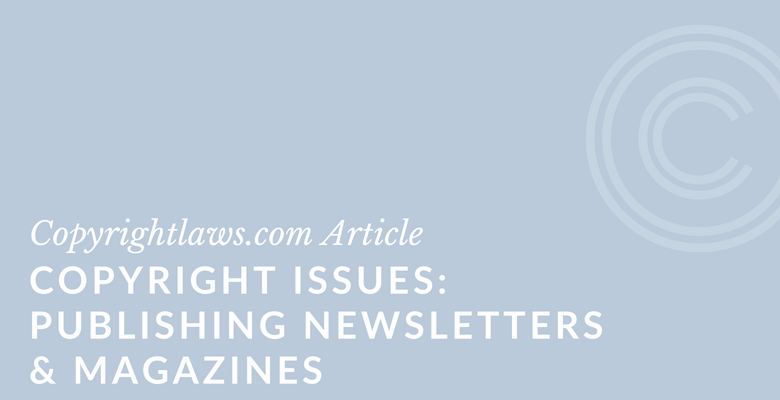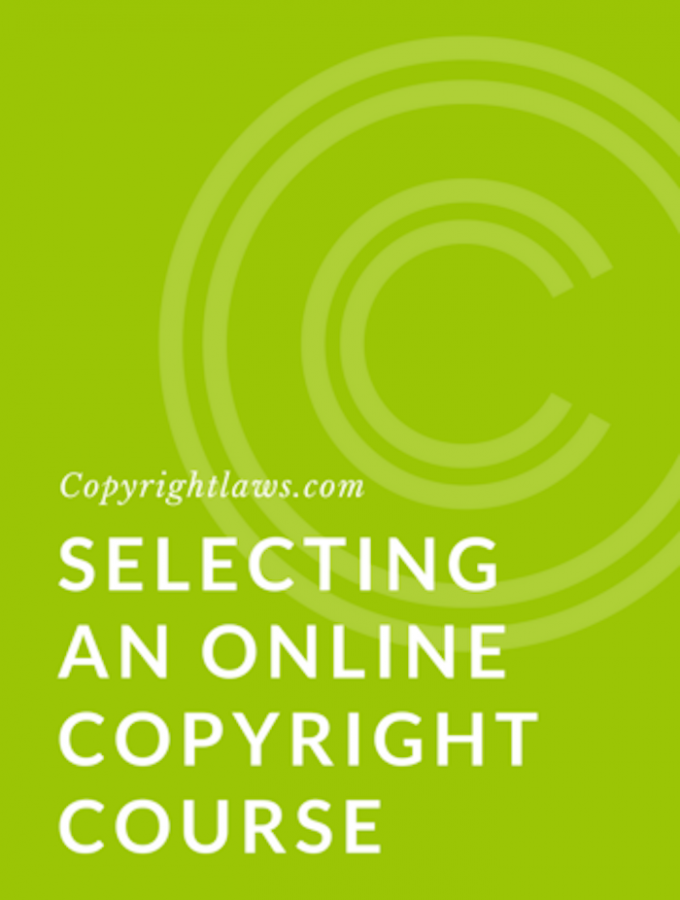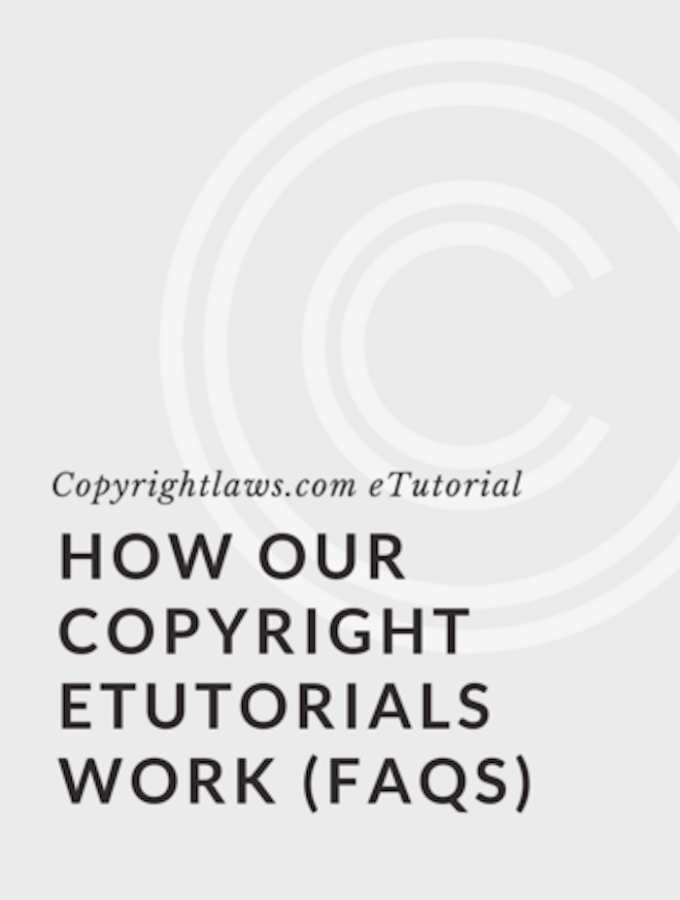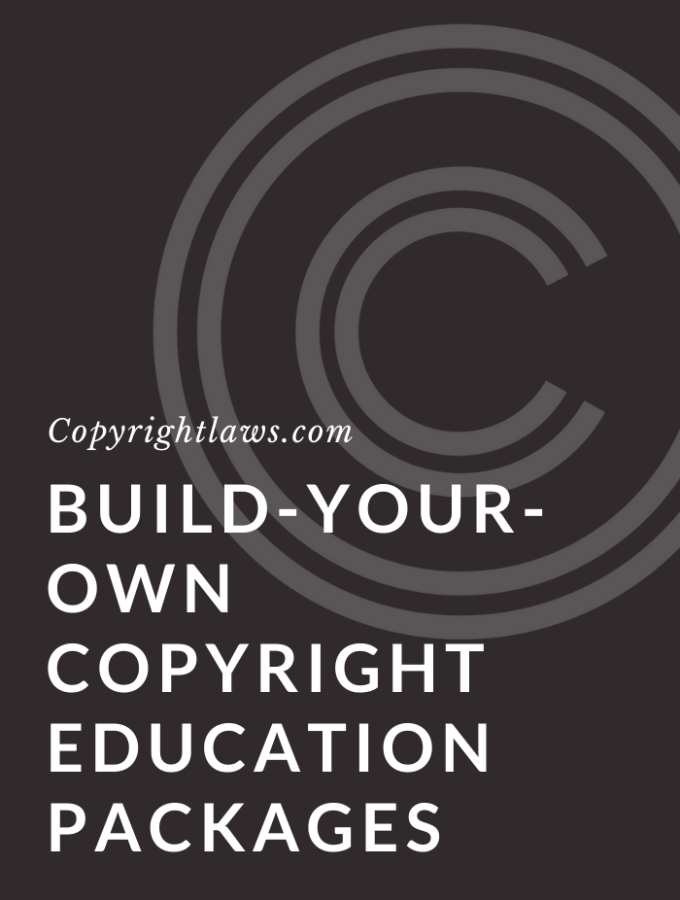
Businesses, organizations and associations must deal with various copyright issues when publishing newsletters and magazines. Below is a survey of the issues you may come across when publishing newsletters, magazines and other publications in your workplace.
Copyright Issues When Publishing Newsletters and Magazines: Content
More and more enterprises are publishing newsletters and magazines, especially in an electronic format. Certainly, there are some differences between publishing in print and electronically (e.g., the greater cost to produce and distribute a printed publication). When it comes to copyright, however, many of the same rules apply no matter what the format.
Copyright Status of Content
As an editor or publisher, the first thing to consider is the copyright status of any image, article or other content you want to publish in your newsletter or magazine. Ask yourself:
Are you publishing original content or is it existing or previously published content?
What's its source?
You could face various scenarios for content you want to use, including:
- Content written by an employee in your organization
- An image or article you find on the internet, perhaps through a Google search
- Public domain content
- Images from stock agencies
- Creative Commons-licensed content
Below we discuss the copyright law issues related to each of these scenarios.
Content Written by an Employee
Perhaps an employee in your organization prepared a research paper that would be a terrific article for your newsletter. Do you need permission to publish it? The general rule is that works created during the course of employment as part of an employee’s duties belong to the employer.
Your job is to investigate whether the employee created the research paper as part of their employment duties. If so, the organization most likely owns the copyright in the article and you don't need permission to include it in your publication.
If the same research paper was, however, written by a consultant, independent contractor or freelancer, it may belong to either that individual or your organization. This is generally a matter of agreement between the organization and the freelancer or independent contractor. As an editor, you must investigate copyright ownership by reviewing the agreement between the consultant and your organization.
Internet Content
If the content you want to include is from the internet, always assume it's protected by copyright and you need permission to use it. Even without a copyright notice, most works are protected from the moment they're in a fixed form.
If you find an image or other content through a search engine such as Google, be aware that the search finds all content relevant to your search criteria, but not necessarily content that's in the public domain. Once you locate that ideal image or other content, investigate its copyright status and take the appropriate steps prior to publishing it, as discussed in our article 6 Essential Tips for Legally Using Images.
Public Domain Content
Public domain content includes:
- Content never protected by copyright (e.g., ideas, history or news)
- Content in which the copyright duration has expired
- Works prepared by U.S. government employees (at least when reproduced in the U.S.).
In the U.S., a work enters the public domain 70 years after the author’s death. In some countries, the duration of copyright is 70 years after the author's death and in other countries it is 50 years after the author's death. In Mexico, copyright lasts for 100 years after the author's death. For more in-depth information on when works enter the public domain, see What Is the Public Domain?
Stock Agency Images
Stock photography is subject to a license. You must read the license to determine the allowable uses. Most stock photo agencies also provide summaries of their licenses, and you can also email or phone the agency for clarification on a license term or whether your use of the image is covered by your license.
Licenses differ among stock photo agencies and an agency may have a variety of licenses you can obtain. For example, a basic license may allow you publish an image on your blog or in your newsletter, but may not allow you to use the image in a print book.
Creative Commons-Licensed Content
Content governed by a Creative Commons (CC) license is not in the pubic domain and its use is subject to terms and conditions. For each image or article or other CC licensed work you want to reproduce, you'll need to read the particular CC license on it to learn what uses are permitted.
The six CC licenses all require acknowledgment of the copyright owner of the work.
If your use goes beyond the terms and conditions in the CC license, then you'll need to obtain additional permissions (or use alternative content).
Warranties From Copyright Owners
Whenever you obtain permission to use someone's content, ask for a warranty that that person owns the content and has the legal authority to permit you to use it. A warranty is often combined with an indemnity which provides remedies should the warranty be false.
Copyright in Your Publication
Individual articles, photographs and other works in your publication likely have copyright protection; so may your publication as a whole. Although use of the copyright symbol, ©, isn't mandatory, the symbol does have the advantage of being universally understood. Using it educates others that copyright exists in your newsletter or magazine, particularly when you also include a permission notice.
Another helpful tip: including a link to your email address makes it easy for readers to seek permission to reproduce your publication.
An example of a copyright notice is:
© AZBYC Inc. 2023. For permission to reproduce any article in this newsletter, contact editor@azbycinc.com.
If you prefer that your publication be used freely in certain circumstances, include a statement to that effect. Also consider choosing a CC license that allows narrow or broad free uses of your publication.
Consult a Lawyer When Necessary
Although many copyright issues can be managed without the need of a lawyer, you should also know when to consult a copyright lawyer. For example, consulting a lawyer may be the way to go when someone alleges you're infringing their copyright. By being aware of the copyright issues that affect your newsletter or magazine publication, keeping track of conversations, emails and license agreements, you'll be better equipped to deal with any copyright or licensing issues that arise.
This article sets out essential points for copyright issues when publishing newsletters and magazine. For an in-depth understanding of copyright law from a practical perspective, see the fully online Copyright Leadership Certificate program.



